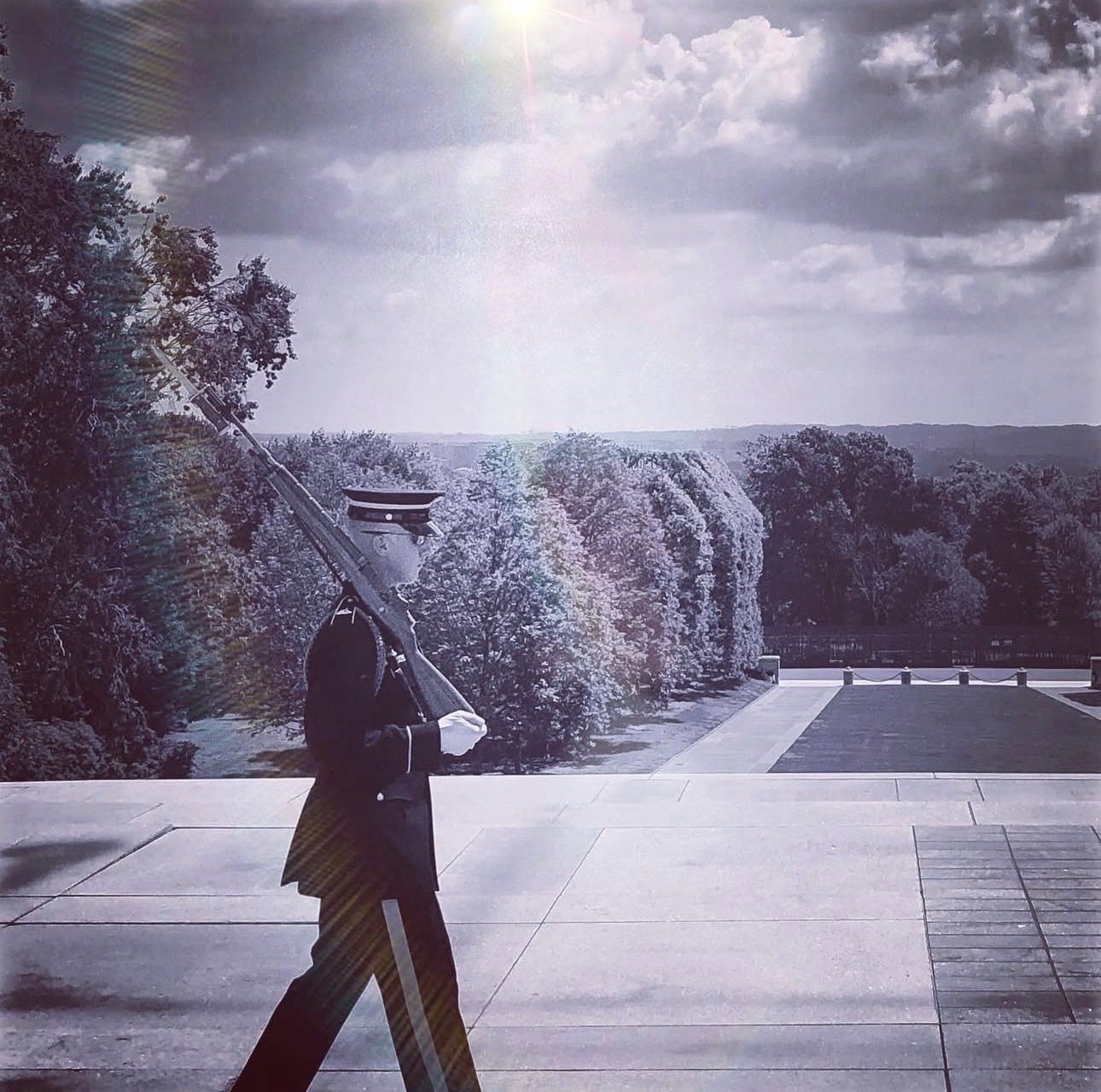Can Servicemembers Really Refuse an Unlawful Order?
Yes. But it can ruin your life if you get it wrong
Just a note: I am not an attorney and this is not legal advice. I’m writing based on my experience as a noncommissioned officer who served in two branches of the US military.
Troops swear an oath to the Constitution. Not to a president. Not to a general. Not to the person screaming at you to hurry up becau…




